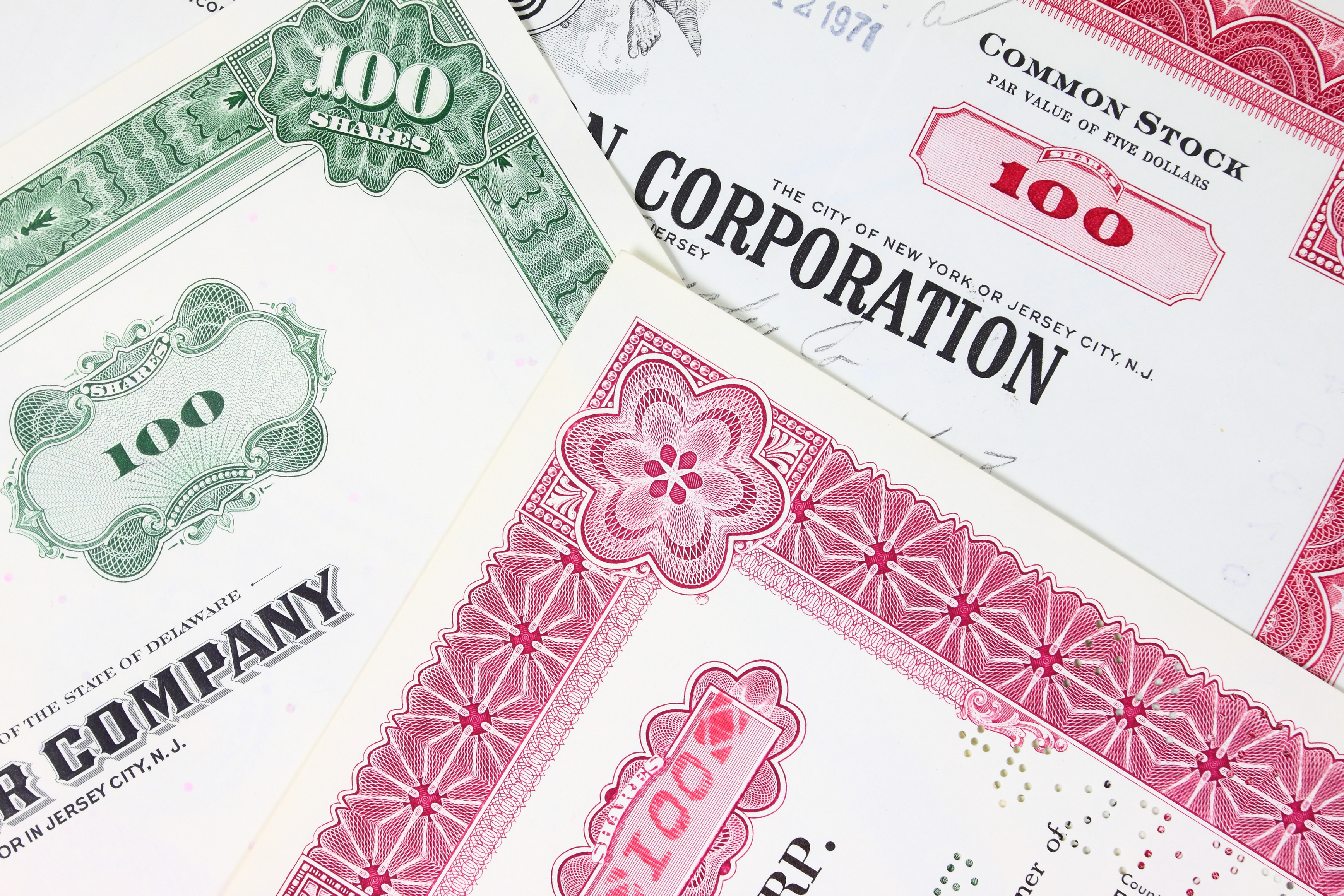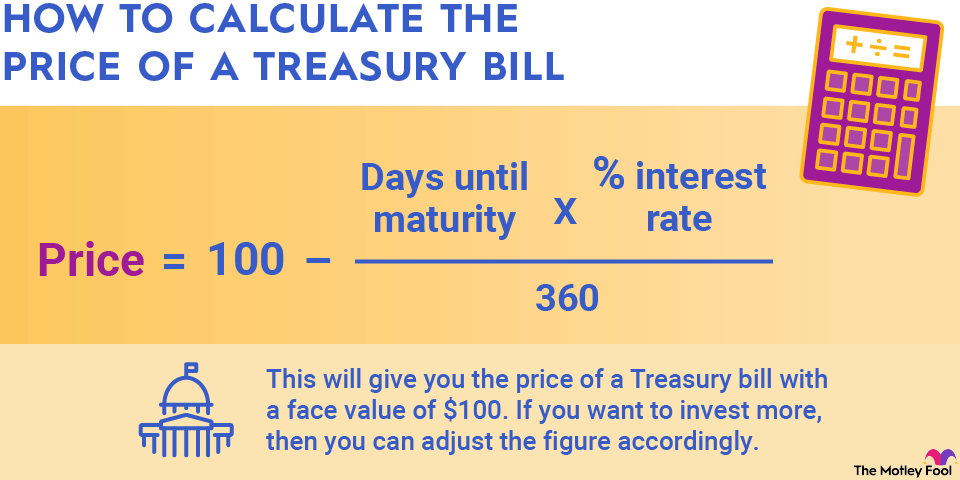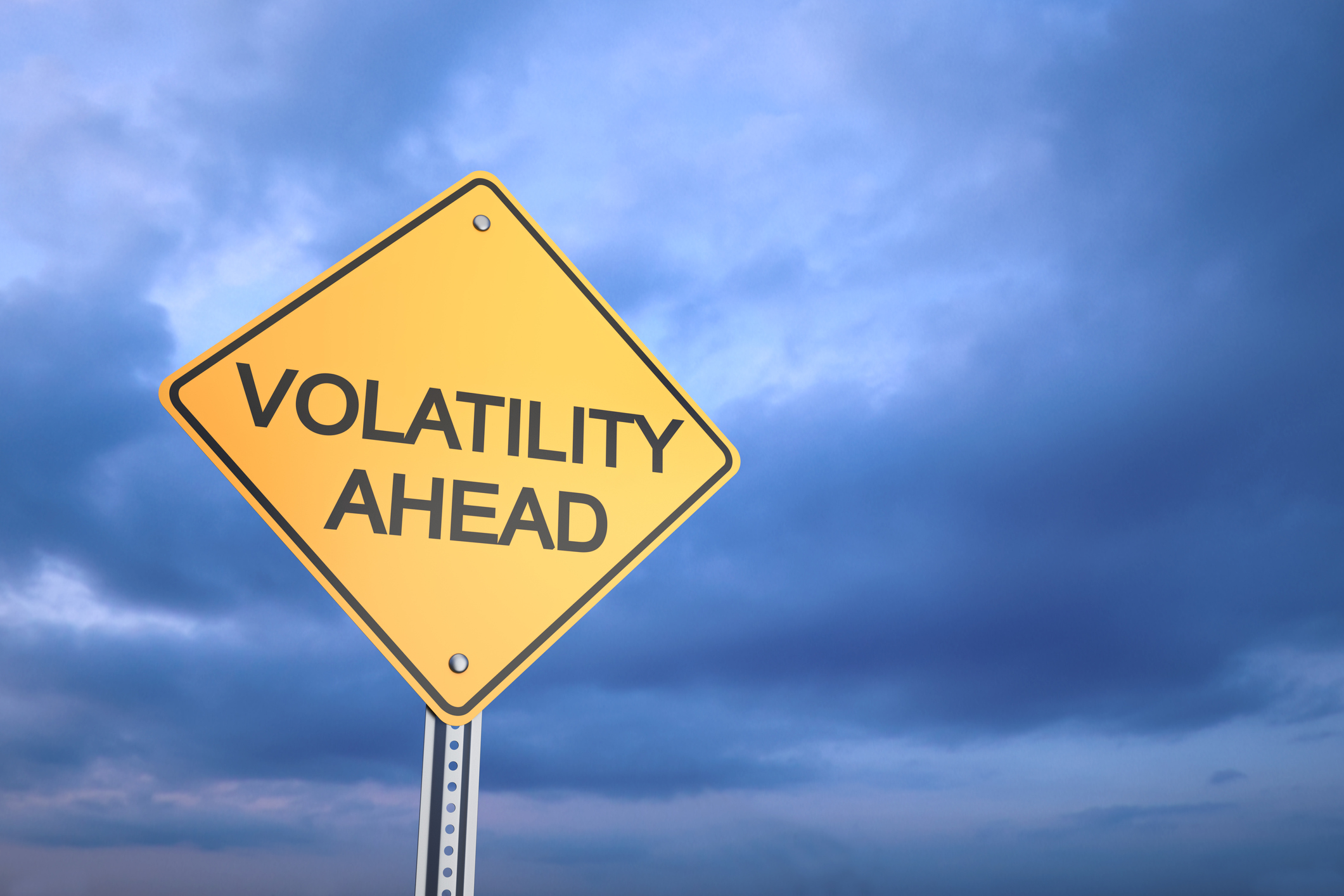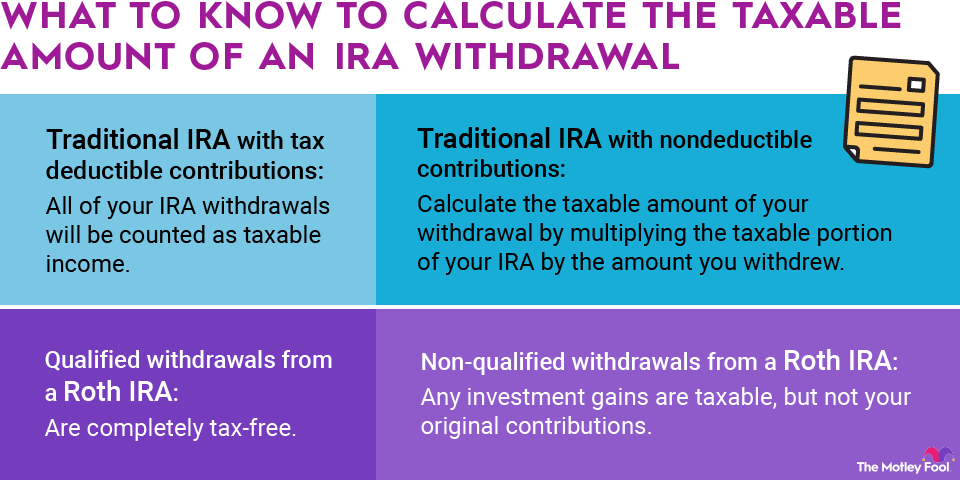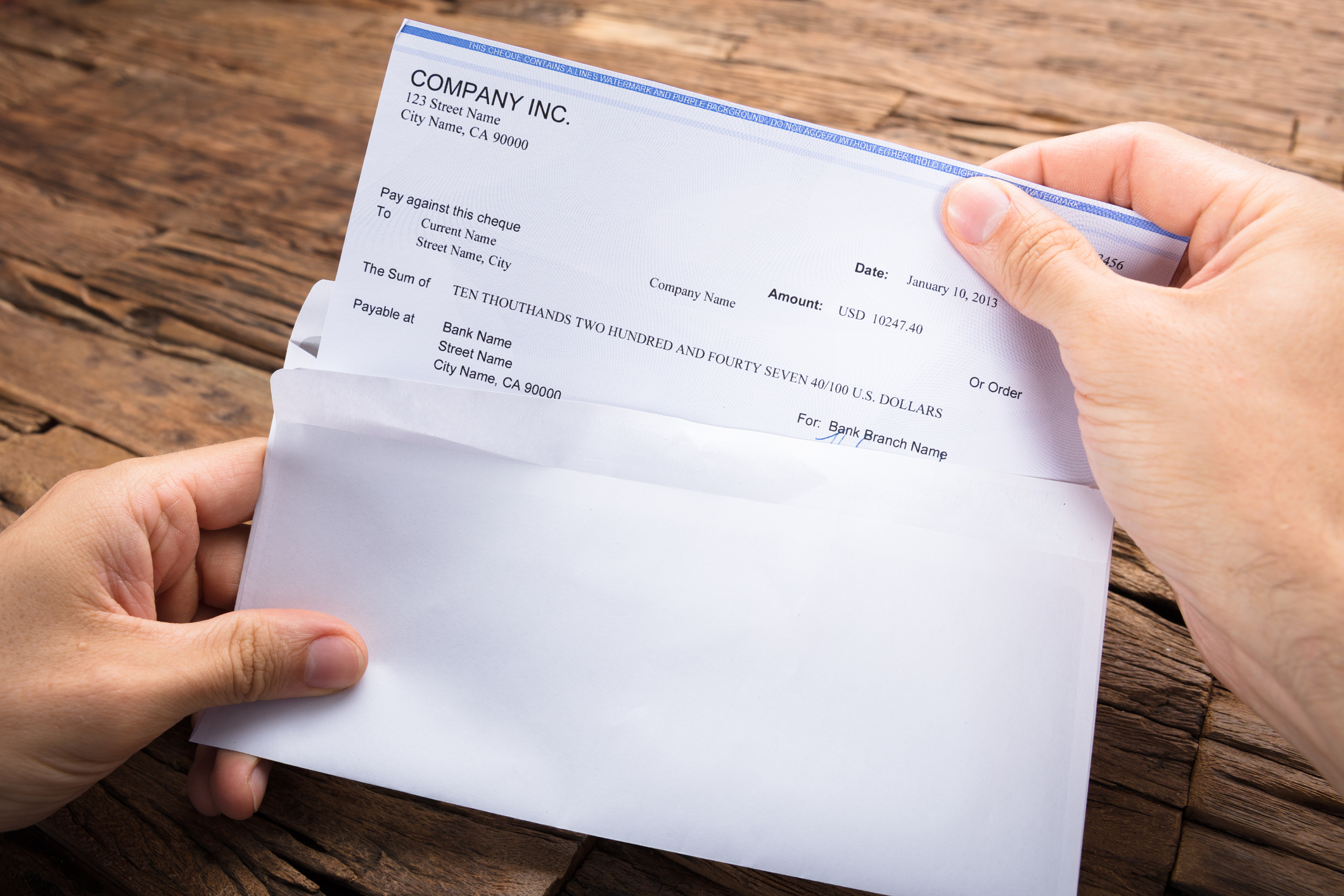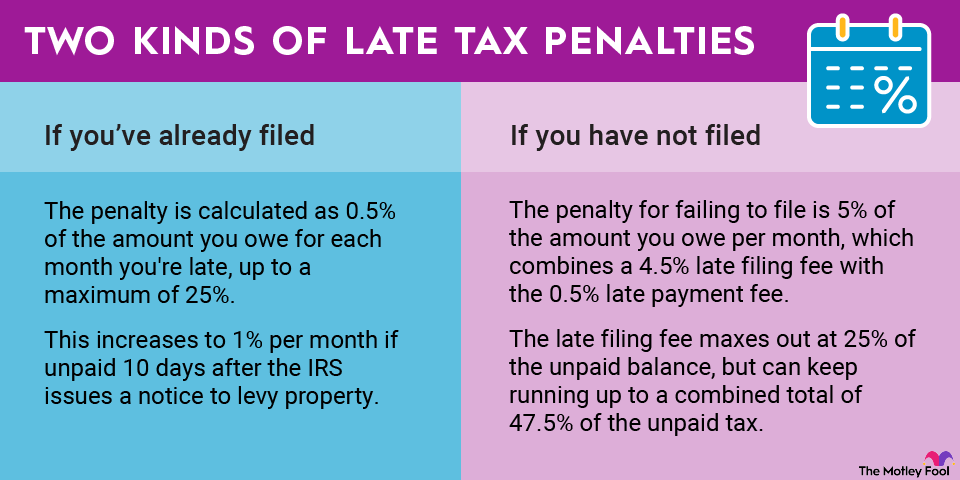Typically, a company reduces the value of its fixed assets steadily over time as its real estate, equipment, and other assets are used in the normal course of business. Sometimes, however, unexpected events can cause the value of these assets to suddenly and dramatically decline.
When this happens, the company is required to write down the value of these assets through an accounting process called an impairment.

When is an impairment appropriate?
Any number of things can happen to force a company to impair a fixed asset. This decline could be caused by damage to the asset, rapid obsolescence, or even a legal impediment.
By definition, an impairment is required any time an asset's fair value drops below its recorded cost. An asset's recorded cost is its purchase price, less its accumulated depreciation. Further, the loss of value must be determined to be non-recoverable.
This means that the damage, obsolescence, or other cause for the drop in value must be significant and permanent. For example, if a truck is in an accident and is deemed totaled, then that asset could require an impairment. The truck is considered beyond repair, so its useful value won't be recovered.
Recoverable value is key
There's usually more nuance to fixed-asset impairments than this simple truck example suggests. For example, if a complex piece of specialized, multimillion-dollar piece of equipment is, in essence, totaled, then the company could feasibly sell the equipment for parts. If the cash recovered from that is enough to exceed the equipment's recorded cost, then an impairment is inappropriate. The recoverable value is enough to avoid the impairment.
This impairment hinges on the concept of recoverable value. The company must consider the new fair-market value of the asset in question and the cash flow the asset would generate if the company decided to keep it in operation.
For example, a legal easement may reduce access to a commercial property, reducing its fair-market value substantially. Without sufficient access to the property, a third-party buyer would have materially less use for the property, which would drive down its value abruptly. In this case, the property's new fair-market value, less selling expenses, could be well below its recorded cost. However, if the present value of the future cash flow that the building will produce exceeds its recorded cost, then the company would not be required to record an impairment.
In other words, recoverable value is not just fair-market value but the greater of either fair-market value or the value of continued use.
Related investing topics
The potentially large implications of fixed-asset impairments
When a company is required to record an impairment of a fixed asset, the financial repercussions can be significant. In the example of the commercial building above, that impairment may result in a write-down of several million dollars to reflect the new value of the property.
Impairments reduce an asset's value on the company's balance sheet, which is balanced with an equal expense on the income statement. If that expense is large enough, it can turn an annual profit into a sizable net loss. Beyond profitability, it can have major implications for capital levels, dividends, and even the business' entire operation in a worst-case scenario.




